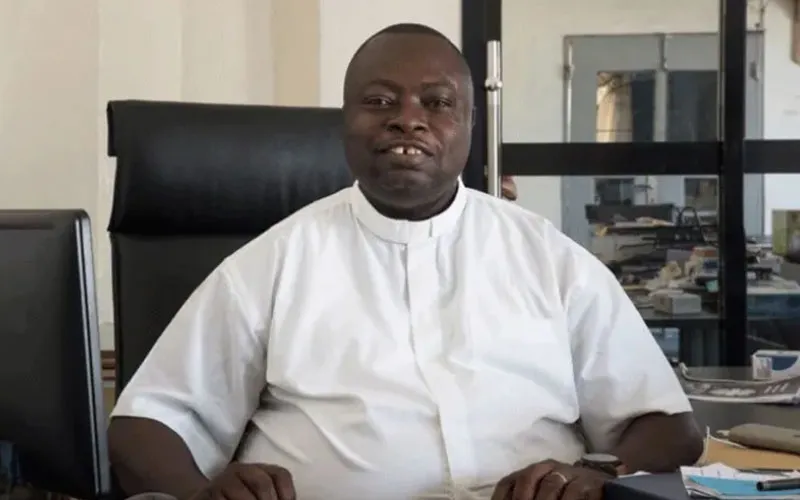Freetown, 14 October, 2021 / 8:20 pm (ACI Africa).
Caritas Sierra Leone’s School Related Sexual and Gender-Based Violence (SR-SGBV) and Life Skills Program, which started to address the high number of teenage pregnancies and school dropout rates among girls, is keeping more girls in school, a Catholic Priest in the country has said.
According to Fr. Peter Konteh who is the Executive Director of Caritas Freetown and acting Director Caritas Sierra Leone, 85 percent of girls in schools that are involved in the program have recorded improvement in their academic performance.
Additionally, 80 percent of girls who enrolled for the program in the Archdiocese of Freetown have reported that they confidently attend classes during menstruation, Fr. Konteh said in his message on the International Day of the Girl Child.
The Caritas Freetown Director noted that the Church-based charity organization was working with other stakeholders in the country to turn around the situation of the girl child in the country.
“Caritas has a well-established reputation of working hand in hand with parents, male peers and local community-based organizations in Sierra Leone to help girls get the education they need for themselves, their family, their country and the world. Taken literally, by supporting and focusing on the girl’s voice, it helps our equal future,” Fr. Konteh said in a speech he shared with ACI Africa ahead of the international celebrations of the Day of the Girl Child on October 11.








